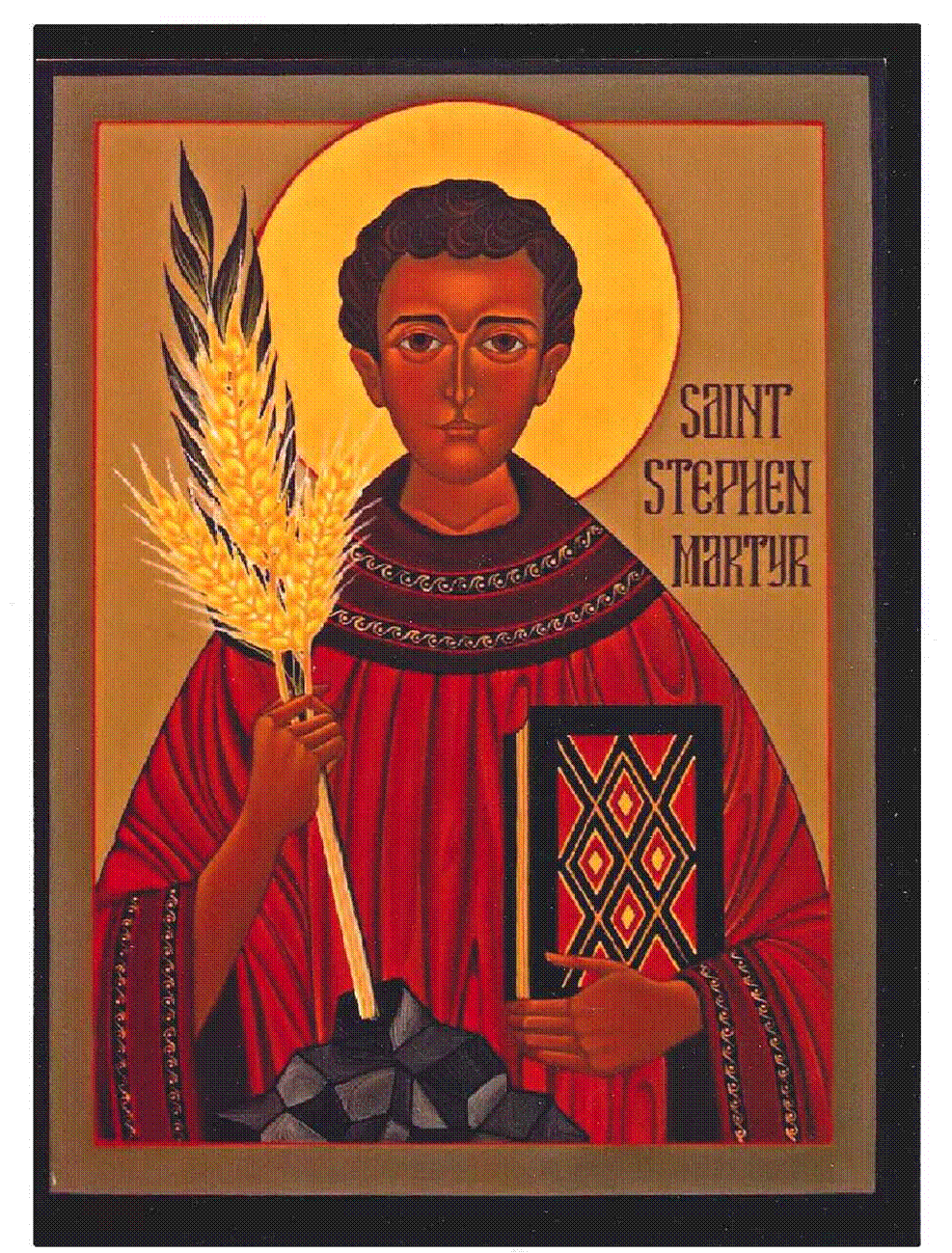Juneteenth
- Jun 21, 2023
- 2 min read

Juneteenth is our newest national holiday (since 2021) and one that non-African Americans are only recently learning about. Just in case you have forgotten a detail or two, here’s a quick recap. On June 19, 1865 the Union Army arrived in Galveston, TX, and Gen. Gordon Granger delivered the news that three years earlier President Abraham Lincoln had issued an Emancipation Proclamation.
This was welcome news! But . . .
As with most things on this earth, it was but a step toward God’s justice. The Emancipation Proclamation didn’t do much at the time, yet radically changed the future course of our country. It “freed” enslaved persons only in secessionist states–which ignored it. But . . .
“The Proclamation changed the legal status of more than 3.5 million enslaved African Americans from enslaved to free. As soon as slaves escaped the control of their enslavers, either by fleeing to Union lines or through the advance of federal troops, they were permanently free. In addition, the Proclamation allowed for former slaves to ‘be received into the armed service of the United States.' ” (Wikipedia) But . . .
What did this freedom mean for landless, property-less people with no money? Remember 40 acres and a mule? Pretty much didn’t happen. So continuing to work for their former masters was the only viable option for many. But . . . etc. So . . .
Juneteenth is a day for celebration of how far we have come as a country and people . . . and a reminder of how far there is to go.
Most everyone who is reading this is White. How we respond to Juneteenth will largely spring from our own particular racial biographies. What I invite you to consider today is that so many of the previous paragraphs ended with “But.”
Doesn’t that sum up so much of our lives? This happened, and it was good, but . . . that happened, and it was bad, but . . . I have grown as a person and a Christian, but . . . this is one of my character flaws, but . . .
We are always works in progress. So is the Church.
Peace,
Pastor Mark Walters
































Comments